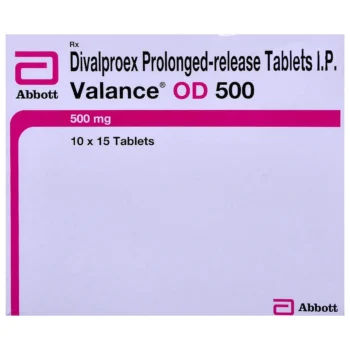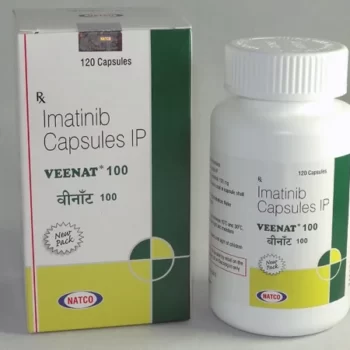Invaluable Insights: Revolutionizing Cancer Care with Ivermectin | Jackson, United States
Experience a revolution in cancer treatment with Ivermectin's compelling capabilities. Dive into how this remarkable medicine destigmatizes the conventional approach to battling cancer. Uncover the untold ways in which Ivermectin is reshaping the landscape of cancer treatment. Challenge the status quo and embrace the power of innovation in the fight against cancer. Discover the extraordinary potential of Ivermectin in redefining the narrative of cancer care. Explore a new frontier in cancer treatment with Ivermectin’s groundbreaking impact.
Product Overview
Ivermectin is a potent antiparasitic medication used to treat a variety of infections caused by parasites. With proven effectiveness against conditions such as scabies and river blindness, Ivermectin is a trusted and essential tool in global health initiatives. Consult your healthcare provider for proper usage and dosage.
Human Medical Applications
Ivermectin is a medication commonly used to treat parasitic infections in humans. It is often prescribed to combat ailments such as scabies and certain types of roundworm infections. When administered as directed by a healthcare professional, Ivermectin works by paralyzing and killing the parasites, ultimately helping to alleviate symptoms and promote healing. It is crucial to follow dosage instructions carefully and inform your doctor of any existing health conditions or medications you are taking to ensure its safe and effective use. Always consult with a healthcare provider before beginning any new treatment regimen involving Ivermectin.
Safety and Side Effects
Ivermectin is generally safe when used as prescribed by a doctor to treat conditions such as parasitic infections. However, some common side effects may include nausea, vomiting, diarrhea, dizziness, or skin rash. In rare cases, more serious side effects like severe allergic reactions or neurological symptoms may occur. It is important to follow your doctor's instructions carefully and report any unusual symptoms immediately. Avoid using Ivermectin without medical supervision, especially at high doses, as it can be harmful.
Conclusion
Recognized as a highly valued medication, Ivermectin is currently being studied for its potential use in cancer treatment. Preliminary research suggests that Ivermectin may have anti-cancer properties due to its ability to inhibit certain cellular processes essential for tumor growth. Furthermore, studies have shown that Ivermectin could help enhance the effectiveness of traditional cancer therapies, making it a promising candidate for combination treatment approaches. Despite the need for further clinical trials to confirm its efficacy and safety in cancer patients, the initial findings highlight the potential of Ivermectin as a valuable addition to the oncology treatment arsenal. Stay informed about the latest developments in Ivermectin research in cancer care.


